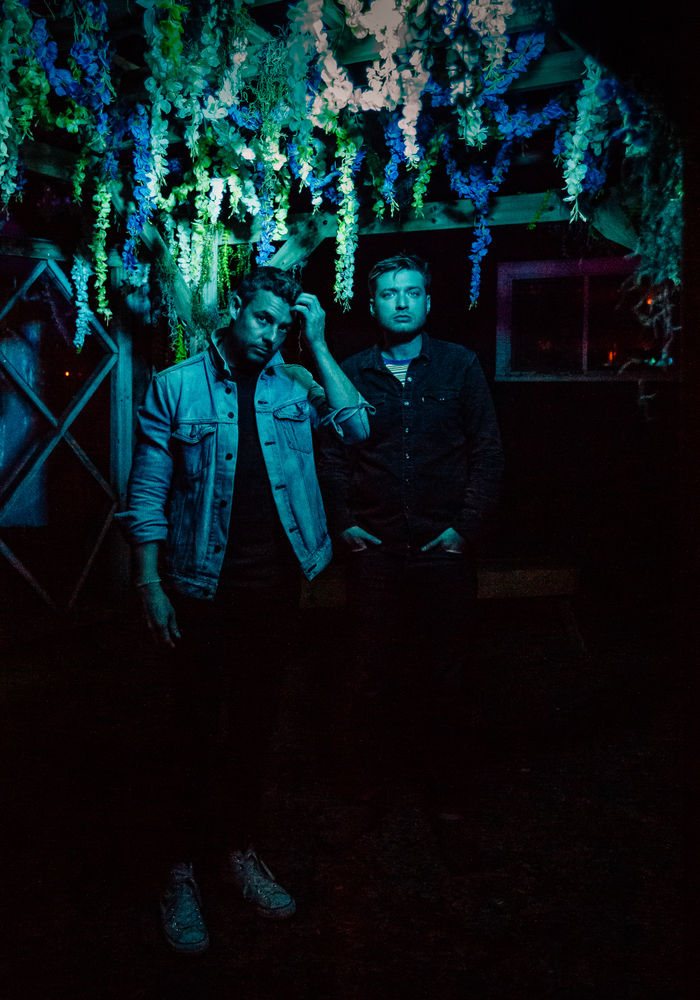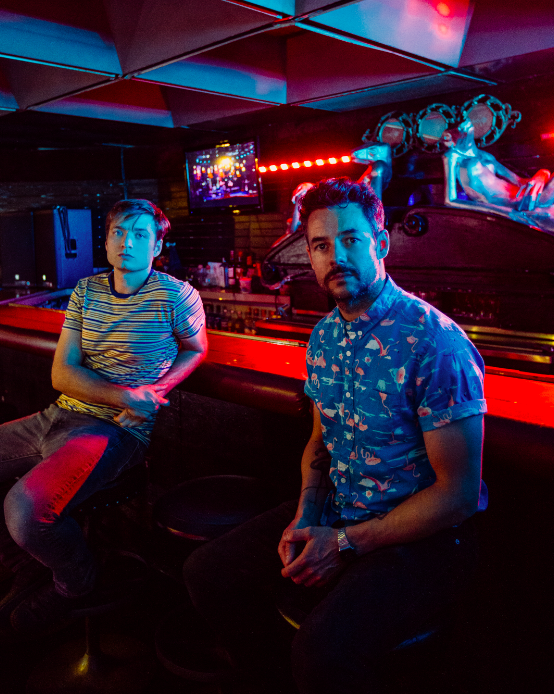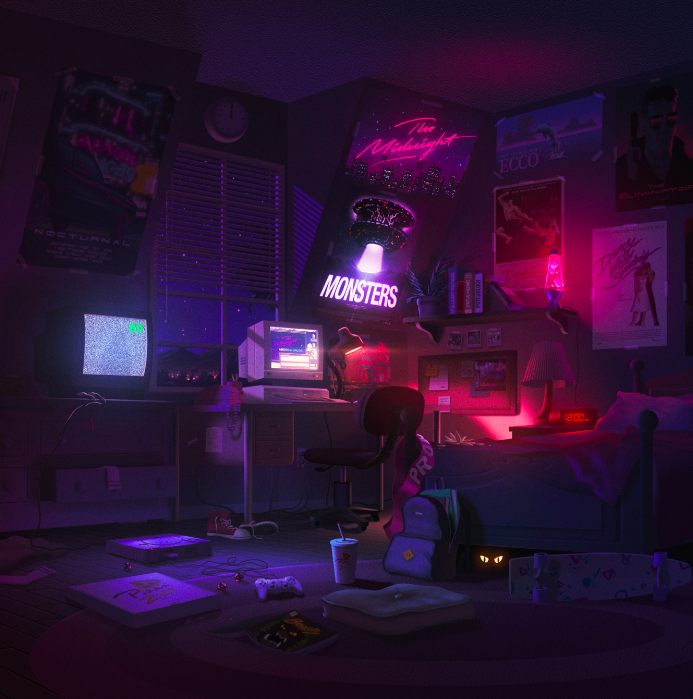The Midnight have got love for you if you were born in the ‘80s. But even if you weren't, there’s more than enough nostalgia to go around.
There is a Japanese term: Mono no aware. In short, it encapsulates the sad beauty of seeing time pass – the aching awareness of impermanence. These are the days that we will return to one day in the future, only in memories.
For L.A-based band, The Midnight, capturing the essence of a gentle wistfulness and a nostalgia for the past has taken the form of a body of work of modern-sounding synth wave music, which has seen the duo grow an online cult fascination to a legion of dedicated fans over the short space of a few years. And the ‘80s pastiche doesn’t just apply to their music: take a glance at their Instagram account and it’s all neon pinks and blues, retro fonts, classic arcade games, floppy discs, cassette tapes and old school Nintendos – basically it’s everything from your childhood bedroom.
Making up The Midnight are Tyler Lyle (a songwriter from the Deep South) and Tim McEwan (a producer from Denmark), who join Headliner on a call from their homes in Atlanta and L.A, respectively.
On the lockdown period, McEwan jokes that he has become even closer to his dog – “my best and only friend” – while both are in firm agreement that this year has been “a real bummer” given that they had a big tour cancelled, although they’ve used the time to hunker down and get creative by embracing their new long distance relationship, as well as finding the time go down some “modular synthesis rabbit holes”.
Meeting in L.A on a co-writing session, the pair were put together by the people that ran their publishing companies. McEwan was under a publishing and production deal, while Lyle had been working as a professional songwriter for six years already – a period of his life that he fondly refers to as the “sadness and deprivation tour”. They’ve been working together ever since.
“After our meeting, I kept emailing Tyler and hounding him. I wouldn't leave him alone, and he still still hasn't got rid of me!” laughs McEwan, who explains that although he has an extensive background of producing and writing for other artists, he never hoped to be a touring artist himself:
“When I met Tyler, we connected musically. We come from such different places, and yet he was familiar in many ways. It was a nice outlet to create this little sandbox that we could play in and feel creatively free to do all kinds of things. For me, it was an outlet to do all the things I couldn't do when I was writing for top 40 radio.”






